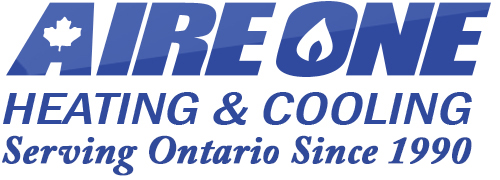Heating and cooling are essential components of modern living, allowing us to maintain comfortable indoor temperatures throughout the year. However, traditional HVAC systems can be costly and energy-intensive, leading to high utility bills and environmental concerns. This is where heat pumps come in – they offer an energy-efficient and cost-effective alternative to traditional heating and cooling systems. In this essay, we will discuss heating and cooling, the concept of heat pumps, and their benefits.
Heating and cooling systems are designed to regulate indoor temperatures, ensuring that they remain within a comfortable range. Traditional HVAC systems typically use furnaces or boilers to generate heat, which is then distributed throughout the building using ductwork. Air conditioning units, on the other hand, use refrigerants to remove heat from indoor air and expel it outside.
While these systems are effective at regulating indoor temperatures, they can be expensive to operate. Furnaces and boilers require fuel to generate heat, while air conditioning units use a significant amount of electricity to power their compressors and fans. In addition, these systems can be inefficient, with a lot of energy lost through ductwork or heat transfer.
Heat pumps offer an alternative approach to heating and cooling that is more energy-efficient and cost-effective. Unlike traditional HVAC systems, heat pumps do not generate heat or cool air directly. Instead, they use electricity to move heat from one place to another, taking advantage of the natural heat transfer that occurs between warmer and cooler environments.
There are two main types of heat pumps: air-source heat pumps and ground-source heat pumps. Air-source heat pumps extract heat from the outside air and use it to warm indoor spaces, while ground-source heat pumps extract heat from the ground or groundwater. Both types of heat pumps can also be used for cooling, by reversing the heat transfer process and expelling warm air outside.
The main advantage of heat pumps is their energy efficiency. Unlike traditional HVAC systems, which generate heat or cool air from scratch, heat pumps simply move heat from one place to another, using a fraction of the energy. This can lead to significant cost savings on utility bills, as well as a reduced environmental impact.
In addition to their energy efficiency, heat pumps also offer other benefits. They can be used in a wide range of climates and can provide both heating and cooling, making them a versatile choice for homeowners. Heat pumps are also quiet and require little maintenance, making them a convenient option.
In conclusion, heating and cooling are essential components of modern living, but traditional HVAC systems can be costly and energy-intensive. Heat pumps offer an energy-efficient and cost-effective alternative, using electricity to move heat from one place to another. With its many benefits, including versatility, low maintenance, and environmental sustainability, heat pumps are a great choice for homeowners looking to improve their indoor comfort while saving money on utility bills.
We would be more than happy to help you. Contact us today and let us know how we can help you with all your needs.

